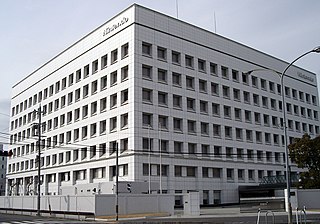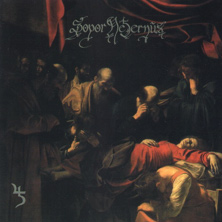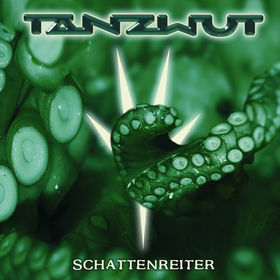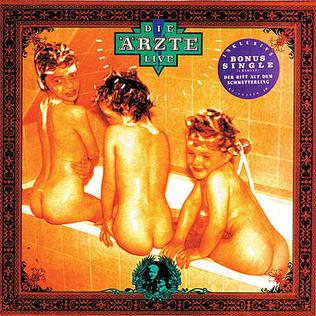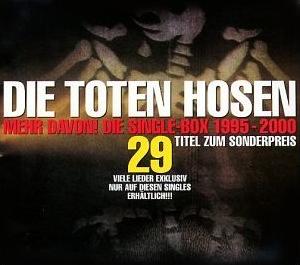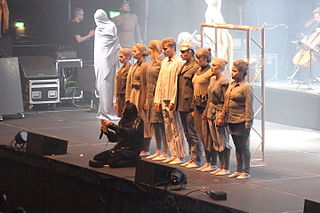This article needs additional citations for verification .(August 2010) (Learn how and when to remove this template message) |
 Welle: Erdball performing at Nocturnal Culture Night in Germany 2018. | |
| Background information | |
| Also known as | Honigmond Feindsender 64.3 |
| Origin | Stadthagen, Germany |
| Genres | Bitpop, synthpop, electronic |
| Years active | 1990–present |
| Labels | SPV |
| Website | www.welle-erdball.info |
| Members | Hannes "Honey" Malecki Alf "A.L.F." Behnsen Fräulein Venus Lady Lila |
| Past members | Plastique Zara Soraya.vc KayCat Xenia G. |

Welle: Erdball (often abbreviated as W:E) is a group from Germany. The heavy use of the Commodore 64's SID sound chip makes their sound instantly recognizable. Their sound is reminiscent of electronic music pioneers Kraftwerk.

Germany, officially the Federal Republic of Germany, is a country in Central and Western Europe, lying between the Baltic and North Seas to the north, and the Alps, Lake Constance and the High Rhine to the south. It borders Denmark to the north, Poland and the Czech Republic to the east, Austria and Switzerland to the south, France to the southwest, and Luxembourg, Belgium and the Netherlands to the west.

The Commodore 64, also known as the C64 or the CBM 64, is an 8-bit home computer introduced in January 1982 by Commodore International. It has been listed in the Guinness World Records as the highest-selling single computer model of all time, with independent estimates placing the number sold between 10 and 17 million units. Volume production started in early 1982, marketing in August for US$595. Preceded by the Commodore VIC-20 and Commodore PET, the C64 took its name from its 64 kilobytes(65,536 bytes) of RAM. With support for multicolor sprites and a custom chip for waveform generation, the C64 could create superior visuals and audio compared to systems without such custom hardware.

Kraftwerk is a German band formed in Düsseldorf in 1970 by Ralf Hütter and Florian Schneider. Widely considered innovators and pioneers of electronic music, they were among the first successful acts to popularize the genre. The group began as part of West Germany's experimental krautrock scene in the early 1970s before fully embracing electronic instrumentation, including synthesizers, drum machines, vocoders, and home-made experimental musical instruments. On commercially successful albums such as Autobahn (1974), Trans-Europe Express (1977), and The Man-Machine (1978), Kraftwerk developed a self-described "robot pop" style that combined electronic music with pop melodies, sparse arrangements, and repetitive rhythms, while adopting a stylized image including matching suits.
Contents
- Members
- Former members
- Discography
- Albums
- Singles and EPs
- DVD
- Solo- or Sideprojects
- References
- External links
The name literally means "Wave: Earthglobe", and in fact comes from a German radio play called "Hallo! Hier Welle Erdball!" (Hello, this is wave earthglobe speaking!). Their logo is a rotated logo of the former East German motor company VEB Sachsenring, which built the popular Trabant car.
The Trabant is an automobile which was produced from 1957 to 1990 by former East German car manufacturer VEB Sachsenring Automobilwerke Zwickau. It is often seen as symbolic of the former East Germany and the collapse of the Eastern Bloc in general. The Trabant had a duroplast body mounted on a one-piece steel chassis, front-wheel drive, a transverse engine, and independent suspension – unusual features at that time (1950s) — but it remained the same up until the 1990s. The 1980s model had no tachometer, no headlights or turn signals indicator, no fuel gauge, no rear seat belts, no external fuel door, and drivers had to pour a mix of gasoline and oil directly under the bonnet/hood.
Welle: Erdball has been a part of the demoscene and produced several musicdisks and other productions over the years. They also gave a live performance at Breakpoint 2006.

The demoscene is an international computer art subculture focused on producing demos: self-contained, sometimes extremely small, computer programs that produce audio-visual presentations. The purpose of a demo is to show off programming, visual art, and musical skills. Demos and other demoscene productions are shared at festivals known as demoparties, voted on by those who attend, and released online.
In addition to their work as Welle: Erdball, Honey was involved in the project called "Das Präparat" from 2003 to 2005. Currently Honey (as Dr. Georg Linde) and Plastique are involved in the new side-project called "homo~futura".





